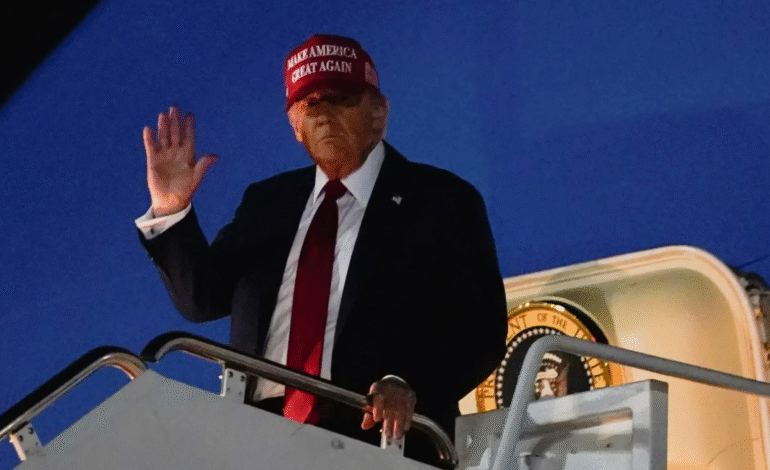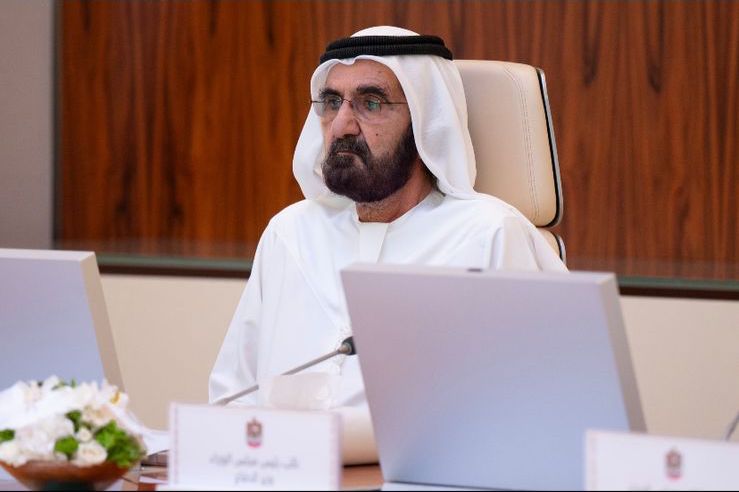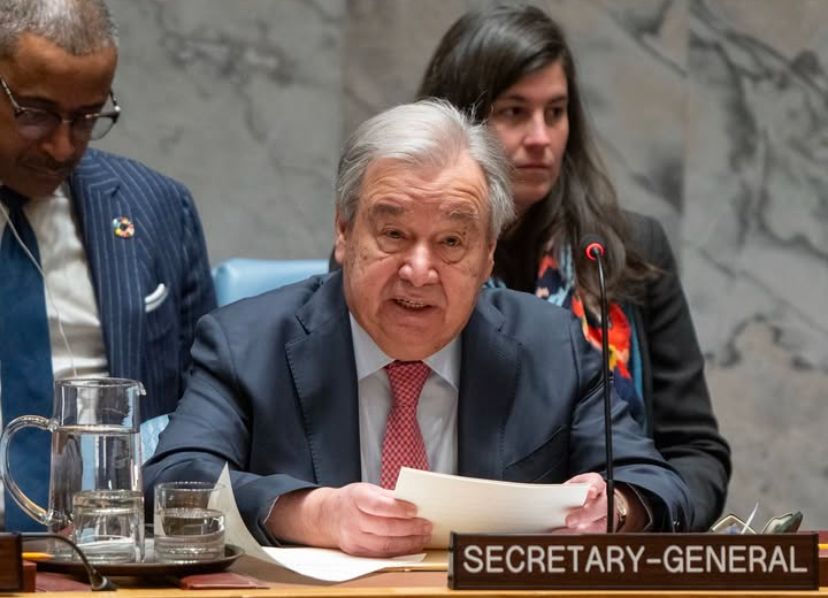Donald Trump’s Bold Peace Gamble: Gaza Truce and Abraham Accords Revival

In a pivotal move for Middle East diplomacy, U.S. President Donald Trump has intensified efforts to end the ongoing Gaza conflict and reignite regional peace talks. On July 4, 2025, Donald Trump announced that Hamas is expected to respond within 24 hours to a proposed 60-day ceasefire with Israel. If accepted, this truce could set the stage for broader peace negotiations. Simultaneously, Trump is engaging Saudi Arabia to broaden the Abraham Accords, a normalization framework between Israel and Arab nations.
A 60-Day Gaza Ceasefire: Trump’s Final Peace Proposal
During a press conference, Donald Trump confirmed that Israel has agreed to the terms of a 60-day ceasefire with Hamas. This ceasefire aims to halt current hostilities, offering breathing space for diplomatic engagement. “We’ll know within the next 24 hours whether they’ll accept this deal,” Trump told reporters, reflecting both urgency and optimism.
The stakes could not be higher. The Israel-Hamas conflict, which reignited on October 7, 2023, following a Hamas-led attack that killed around 1,200 Israelis and saw 250 taken hostage, has since spiraled into one of the most devastating wars in recent history. The Gaza Health Ministry reports that over 56,000 Palestinians have been killed, the entire population displaced, and widespread famine conditions have emerged.
Despite a previous two-month ceasefire, which ended on March 18 after Israeli airstrikes killed more than 400 Palestinians, the violence has continued. The current proposal seeks to avoid a repeat of that collapse.
Hamas Seeks Guarantees for Permanent Peace
According to diplomatic sources, Hamas is currently evaluating the U.S.-backed ceasefire plan through mediators in Egypt and Qatar. A Hamas insider has emphasized that any short-term truce must be part of a broader roadmap for ending the war permanently. Specifically, Hamas wants assurances of a full Israeli military withdrawal from Gaza and steps toward establishing a Palestinian state.
On the other hand, Israeli Prime Minister Benjamin Netanyahu remains adamant that the war will not end until Hamas is eradicated. In a defiant speech, he declared, “There will be no Hamas. There will be no ‘Hamastan.’ It’s over.” Israel’s demand for Hamas’ total disarmament and exile of its leadership stands in direct conflict with Hamas’ refusal to relinquish its governance in Gaza.
Abraham Accords: Trump Reignites Diplomatic Normalization Plan
Alongside ceasefire talks, Trump is pushing to revive and expand the Abraham Accords, an initiative that initially normalized ties between Israel and the UAE, Bahrain, Sudan, and Morocco during his first term. On July 3, Trump met with Saudi Arabia’s Defense Minister Prince Khalid bin Salman at the White House to discuss possible Saudi participation.
Recent U.S. and Israeli airstrikes on Iranian nuclear facilities have reportedly weakened Tehran’s regional influence, providing momentum to Trump’s efforts. Trump remarked, “I think a lot of people are going to be joining the Abraham Accords,” alluding to potential normalization with nations like Syria and Lebanon.
However, hurdles remain. Saudi Arabia has long tied normalization with Israel to the creation of a viable Palestinian state something Netanyahu’s administration has resisted. A senior Hamas official criticized normalization as a “betrayal of the Palestinian cause,” warning that ties with Israel do not guarantee Arab prosperity or security.
Ceasefire Talks Stall Amid Deep Disagreements
The ceasefire proposal is currently being negotiated in Cairo with Hamas representatives, including senior official Ghazi Hamad. However, Israel has yet to send a delegation, awaiting signs of compromise from Hamas following the recent Israel-Iran conflict.
Despite Trump’s optimistic timeline, mediators from Egypt and Qatar have not reported any significant breakthroughs. Activist Bishara Bahbah mentioned that a deal could be close, but Hamas is firm that Israel must show good faith by sending negotiators to Cairo.
The structure of the ceasefire proposal includes the release of 25 hostages in exchange for Palestinian prisoners during the initial 60 days. A second phase would focus on additional hostage swaps, potential Israeli withdrawal, and discussions on a permanent ceasefire. However, Israel’s firm stance on Hamas’ dismantling continues to block progress.
Humanitarian Toll of the Gaza Conflict Escalates
As diplomatic talks continue, the human tragedy in Gaza worsens. According to Gaza’s health authorities, over 56,000 people have died since the war began, while the entire population of over 2 million has been forcibly displaced. Starvation is widespread, with aid convoys frequently targeted or delayed.
Amnesty International and Human Rights Watch have accused Israel of using hunger as a weapon, allegations the Israeli government denies. While Israel acknowledges civilian casualties near aid points, it insists its actions target Hamas operatives, not non-combatants.
The collapse of the March ceasefire, which ended with 400 deaths in just a few days, remains a sobering example of how fragile such agreements can be. The international community is now urging all parties to commit sincerely to peace.
Regional Shifts: The Aftermath of the Israel-Iran War
Trump’s renewed engagement comes shortly after a 12-day Israel-Iran conflict that ended under U.S.-mediated terms. Coordinated strikes on Iranian nuclear sites reportedly set back Tehran’s influence and ability to fund armed groups like Hamas and Hezbollah.
This military setback for Iran, combined with regional fatigue over endless war, has created what analysts call a “diplomatic window” for both ceasefire progress and expansion of the Abraham Accords. Trump’s upcoming meeting with Netanyahu in Washington is expected to focus on unifying their peace strategies and resolving key differences.
Reports suggest the two leaders are discussing a broader regional vision: ending the Gaza conflict in two weeks, exiling Hamas leadership, allowing voluntary Gaza emigration, and appointing a four-nation Arab panel possibly including Egypt and the UAE to govern Gaza post-war. This would also include Israeli agreement to future Palestinian statehood discussions, contingent on reforms within the Palestinian Authority.
The Road Ahead: Challenges in Peace Implementation
Despite diplomatic efforts, the road to peace is steep. Hamas’ demands for a full withdrawal and guarantees of statehood remain at odds with Israel’s insistence on security first. The political fragmentation within both Israeli and Palestinian territories complicates any long-term settlement.
Trump’s bold proposal, which combines military de-escalation, humanitarian relief, and regional diplomacy, could prove historic if successful. However, previous failures, regional mistrust, and external players like Iran, Syria, and Hezbollah cast long shadows over the process.
For the Abraham Accords to expand, Saudi Arabia’s participation is vital. Yet Saudi officials continue to demand tangible steps toward resolving the Palestinian issue. Without this, normalization risks being viewed across the Arab world as a betrayal.








1 Comment
[…] US President Donald Trump has announced a big change in the way America describes its military department. The Department of Defence will now also be called the Department of War, a title that was once used in the country’s history. […]
Comments are closed.